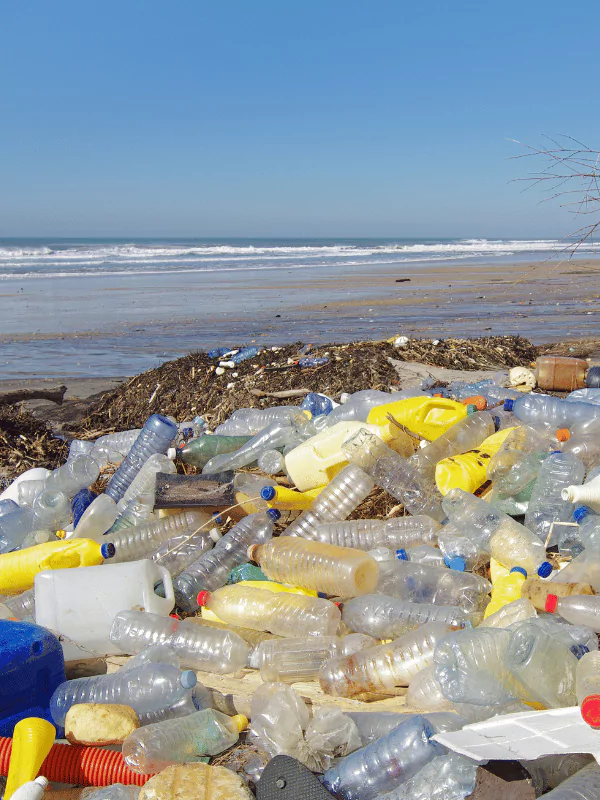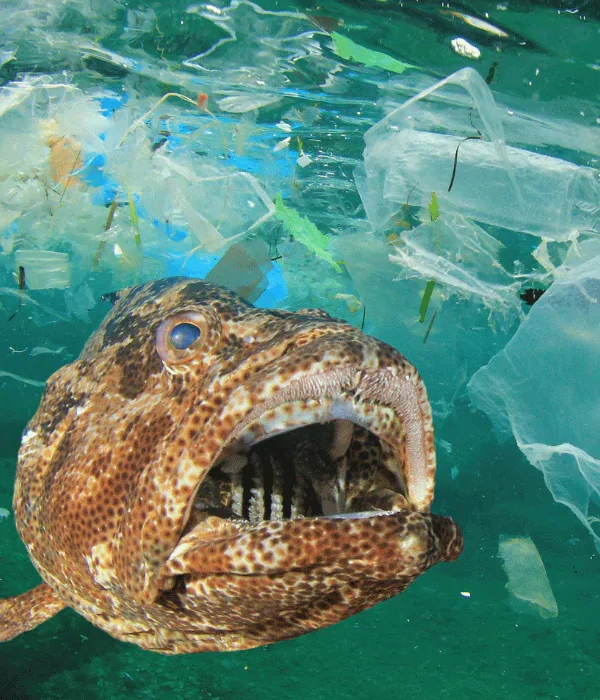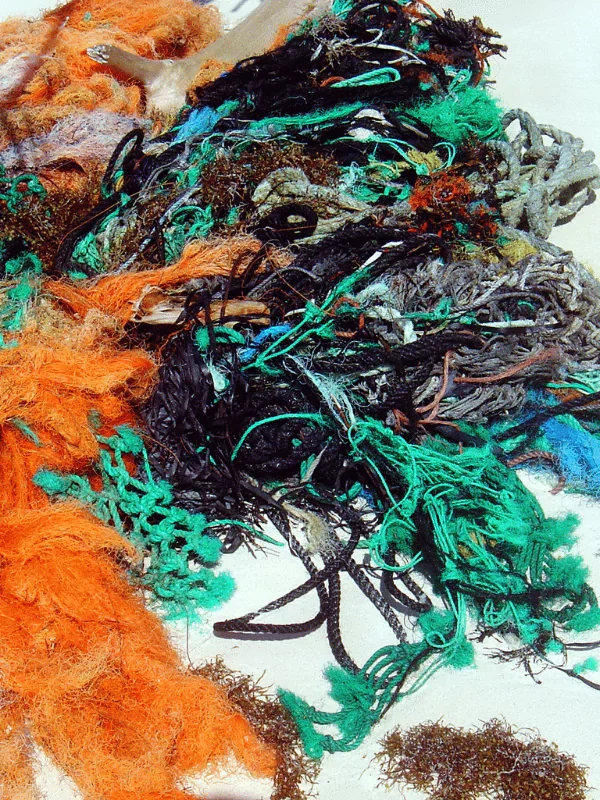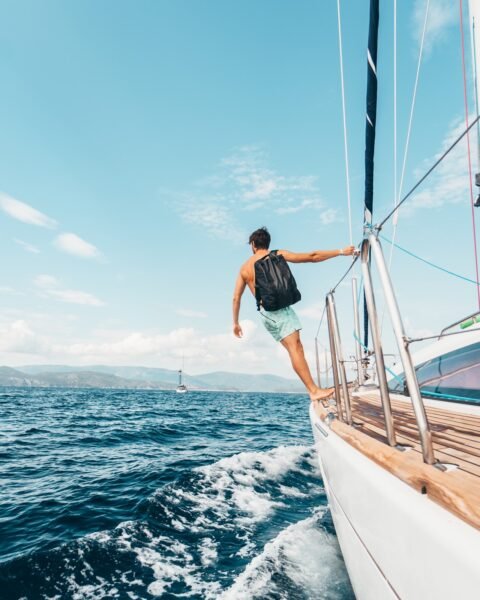Marine life, such as whales and sea turtles, often mistake plastic bags for food, leading to tragic outcomes. Similarly, liquid chemicals can contain toxins that harm fish and other marine organisms. Even most common sunscreens pose a threat to the delicate marine ecosystem.(see the special section on this site)
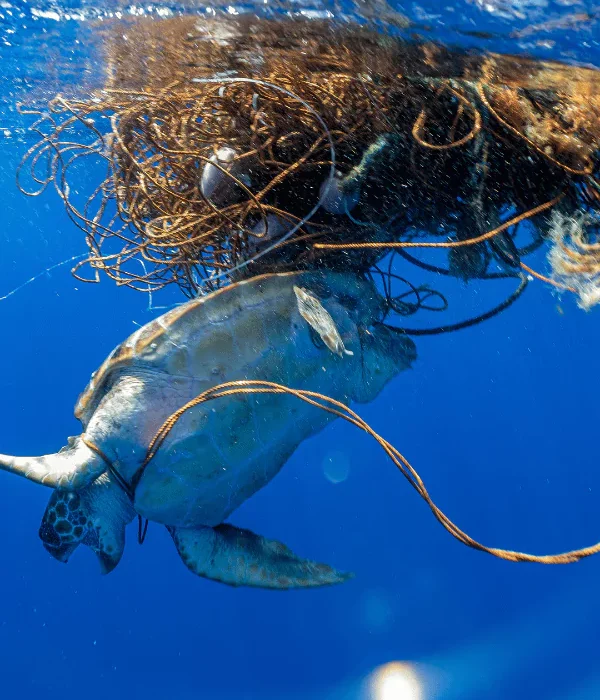

Changing this behaviour is part of the ‘engage your inhabitants’ programme that any island wishing to go blue needs to implement. Demonstrating the financial damage done with an acquatrail calculation is a powerful tool to include. See funding and marine positive certification.

